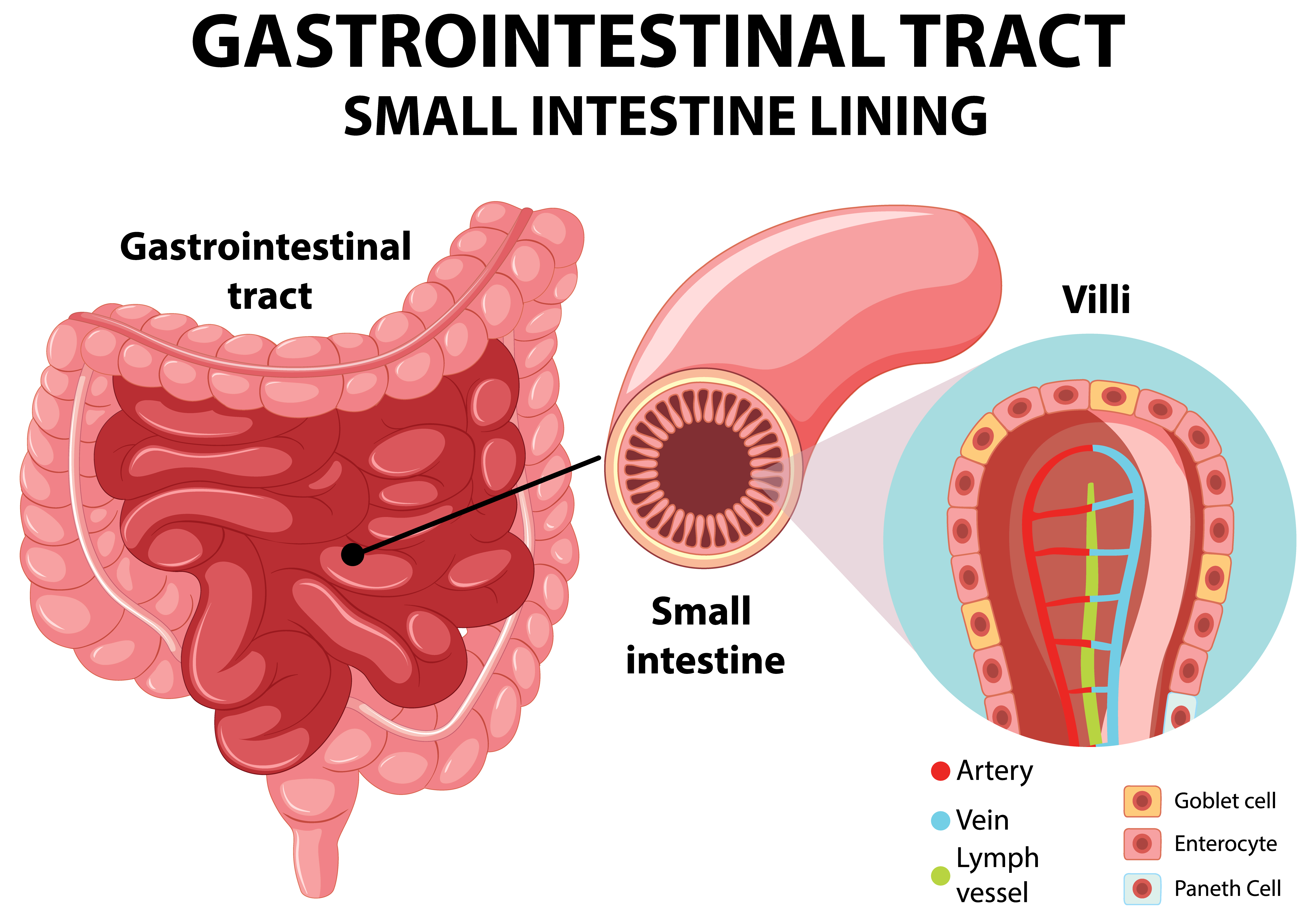
Types of Gastritis: Acute vs. Chronic
Gastritis, the inflammation of the stomach lining, comes in different forms, with acute and chronic being the two main types. Let’s explore the differences between these two types of gastritis in simple terms.
Acute Gastritis:
Acute gastritis occurs suddenly and typically lasts for a short period. It’s often caused by factors like:
- Infections: Bacterial or viral infections, such as Helicobacter pylori (H. pylori) infection, can trigger acute gastritis.
- Medications: Overuse of nonsteroidal anti-inflammatory drugs (NSAIDs) like aspirin and ibuprofen can irritate the stomach lining, leading to acute gastritis.
- Alcohol: Excessive alcohol consumption can irritate the stomach lining and cause inflammation.
Symptoms of acute gastritis may include:
- Abdominal pain or discomfort
- Nausea and vomiting
- Loss of appetite
- Indigestion
- Bloating
Chronic Gastritis:
Chronic gastritis develops gradually and persists over a longer period, sometimes lasting for years. It can result from:
- H. pylori infection: Chronic infection with H. pylori bacteria is a common cause of chronic gastritis.
- Autoimmune conditions: In some cases, the body’s immune system mistakenly attacks the stomach lining, leading to chronic inflammation.
- Long-term use of NSAIDs: Prolonged use of NSAIDs can contribute to chronic gastritis.
Symptoms of chronic gastritis may include:
- Persistent or recurrent abdominal pain
- Nausea and vomiting
- Loss of appetite
- Unexplained weight loss
- Bloating
- Blood in the stool or vomit (in severe cases)
Diagnosis and Treatment:
Both acute and chronic gastritis require medical evaluation for proper diagnosis and treatment. Your doctor may perform tests such as blood tests, stool tests, or an upper endoscopy to determine the cause and severity of gastritis.
Treatment for gastritis depends on the underlying cause and may include:
- Antibiotics to treat H. pylori infection
- Medications to reduce stomach acid production
- Antacids to relieve symptoms
- Lifestyle changes such as avoiding irritants like alcohol and NSAIDs
Conclusion:
Understanding the differences between acute and chronic gastritis is essential for effective management and treatment. Whether you’re experiencing sudden symptoms or dealing with long-term inflammation, seeking medical attention and adopting healthy habits can help alleviate discomfort and promote digestive health.
To seek medical advice, always consult a Doctor. Here are our recommended experts.Click Here
To read more on Gastritis. Click Here


